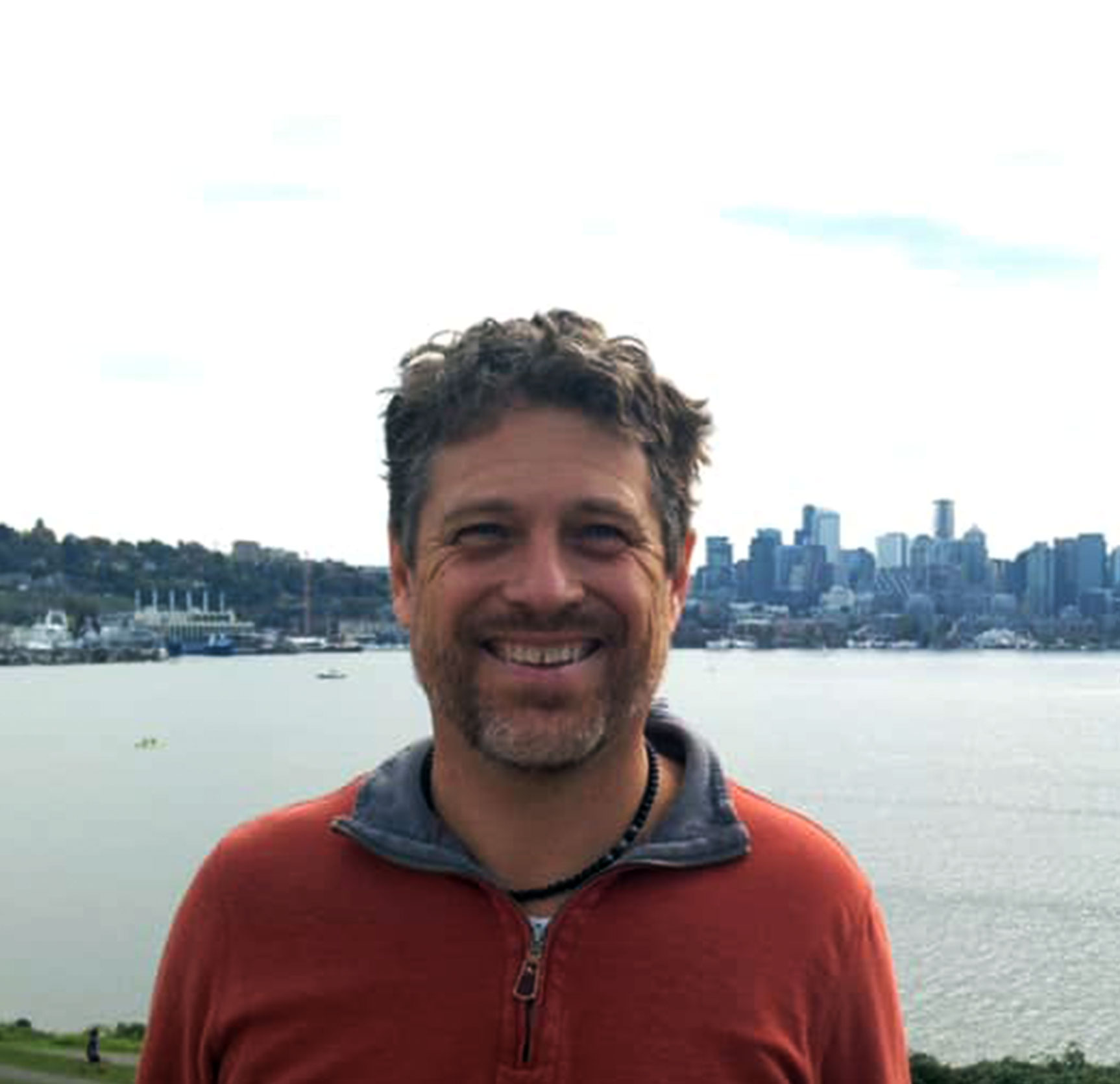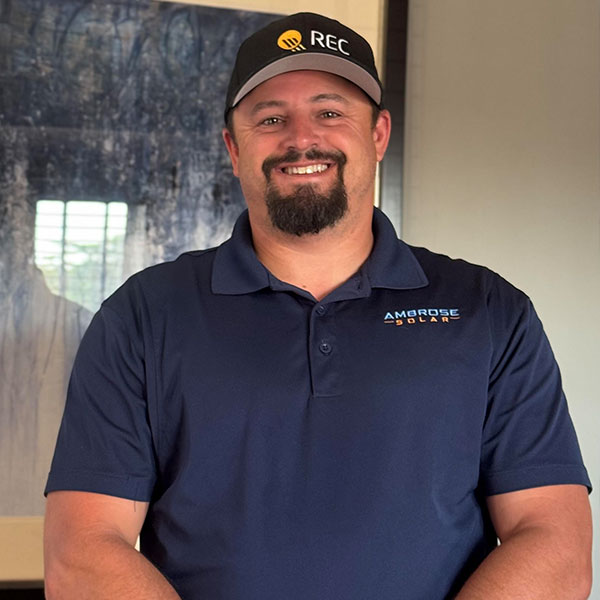How Fraud in D.C.’s Solar Market Sparked New Standards
One of the biggest threats to the solar industry isn’t misinformation from outside—it’s dishonest sales tactics from within. The most notorious offenders? Shady solar sales reps (pun intended) who have gotten the title “Solar Bros” inflate system performance and manipulate proposals to win deals, ultimately damaging both the industry’s reputation and homeowners’ trust.
A common scam involves designing a system incorrectly—showing a 100% offset on a utility bill, even when the panels are installed on multiple roofs, not all south-facing. This distorts production estimates, making the system appear cheaper than a true 100% offset system. The homeowner believes they’re eliminating their utility bill, only to discover—once the system is commissioned—that they still owe a balance to their power company, on top of their solar loan or lease payment. This example is common, but let’s talk about how unchecked it can get wildly out of control in this case study from District Energy LLC, a client of mine located in the District of Columbia.
Interview with Tarek G. Azar, Founder, District Energy LLC
Anna: Tarek, you’ve been installing solar in one of the most unique and challenging environments in the country—historic Washington, D.C. But what really caught my attention when we first spoke was the fraud story you shared. Can you walk us through what happened?
Tarek: Sure. D.C.’s SREC program was designed to reward homeowners for clean energy production, and for years, it ran on good faith. Systems under 10 kW didn’t require revenue-grade meters—estimates were accepted. Most installers were honest, but a few bad actors exploited that system. Some installers never disclosed SRECs existed to home owners and took them from unaware homeowners. Some bad-actor installers claimed that ALL their systems were perfectly south-facing and pitched at 34°, when in reality, panels were installed on multiple roof surfaces—including north-facing and even on flat roofs. In some rare cases no Systems were installed or were installed and then removed, but the SRECs continued to be claimed.
Anna: And by inflating the performance numbers, they were able to claim more SRECs than the system was truly producing?
Tarek: Exactly. These companies submitted falsified specs and cashed in on overestimated production. One lawsuit even alleged that nearly $8 million in excess credits were claimed through this kind of manipulation. And here’s the kicker—the homeowners had no idea. They trusted their installer. But when the system didn’t perform and SREC regulators started investigating, the homeowners were the ones left holding the bag.
Anna: That’s infuriating. And now honest customers are being penalized?
Tarek: Unfortunately, yes. In response to the fraud, the D.C. Public Service Commission passed a rule requiring revenue-grade meters for systems under 20 kW.
Anna: It’s a perfect example of how bad actors don’t just hurt the industry—they hurt everyone. What are the biggest lessons here?
Tarek: First, transparency is everything. Homeowners need to know exactly how their system is designed and what it’s projected to produce—realistically. Second, we need smarter regulations that hold the right people accountable, not blanket penalties that hit honest homeowners. And finally, solar companies need to educate, not just sell. Customers should understand how SRECs work, how they’re calculated, and what their rights are.
Anna: And you didn’t just advocate for your customers—you built a solution. Can you tell us about the program you launched?
Tarek: We realized homeowners needed a clear, trustworthy path forward. So in 2025, we launched a truly “Free Solar” program—100% legitimate, designed to maximize SREC income, solar savings, and long-term value. No hidden strings. No inflated estimates. Just real savings, real production, and real accountability.
To conclude, District Energy didn’t just step up—they set a new standard. In the aftermath of widespread deception, they chose transparency over shortcuts and education over exploitation. Their response is a model for how this industry should operate—with integrity, clarity, and a long-term commitment to doing what’s right.
What happened in D.C. is more than a local scandal—it’s a warning shot to the entire solar industry. Production estimates must be based on real-world performance, not manipulated assumptions. Policy reform must hold bad actors accountable without punishing honest homeowners. And sales teams must stop treating incentives like a selling point and start treating them like a responsibility.
Because here’s the truth: trust is solar’s most valuable currency—and once it’s lost, it’s almost impossible to earn back.
District Energy is doing the hard work to protect that trust. The question is—are you?




